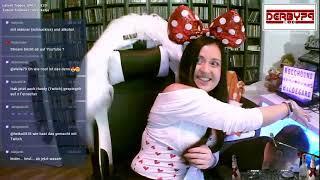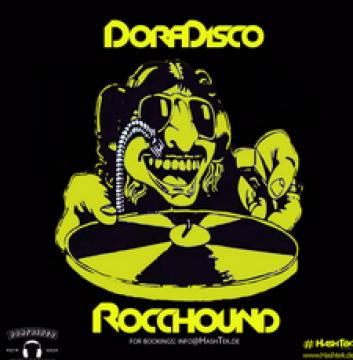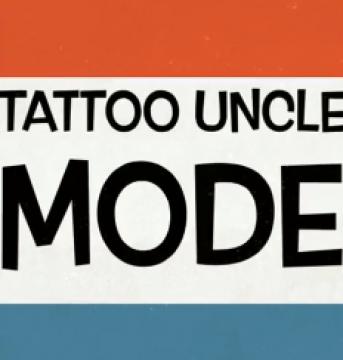Mozart effect for Babies brain development -Classical Music for Babies-Lullabies for Babies Sleep Baby Songs-Efecto mozart para estimular la inteligencia de mi bebe-http://youtu.be/XjbJZ-8vH8Q
Follow me on twitter :D: https://twitter.com/amorycuidados
The Mozart effect was first reported in 1993 by scientists at the University of California at Irvine, and replicated by the same group in 1995. The study (which did not look at the effect of Mozart on babies) found that college students who listened to a Mozart sonata for a few minutes before taking a test that measured spatial relationship skills did better than students who took the test after listening to another musician or no music at all.
The effect in the students was temporary (it lasted only 15 minutes) and has always been controversial. Nonetheless, the media and politicians hopped on the Mozart effect bandwagon, claiming that listening to the music offered numerous benefits and could alleviate physical and mental health problems.
The notion that babies would be smarter if they listened to classical music was born out of this hype. One year, the governor of Georgia mandated that a classic music CD — which contained the sonata and other pieces and was donated by Sony — be given to all new babies when they left the hospital.
Despite popular sentiment, the evidence that listening to classical music made anybody smarter was tenuous at best. The lead researcher in the original U.C. Irvine study himself said in a Forbes article that the idea that classical music can cure health problems and make babies smarter has no basis in reality, even though he believes that listening to a Mozart sonata can prime the brain to tackle mathematical tasks.
The researchers at Appalachian State University were unable to duplicate the original "Mozart effect" results and found that the presence or absence of classical music didn't significantly affect student performance on tests. Their results were published in the July 1999 issue of the journal Psychological Science.
Follow me on twitter :D: https://twitter.com/amorycuidados
The Mozart effect was first reported in 1993 by scientists at the University of California at Irvine, and replicated by the same group in 1995. The study (which did not look at the effect of Mozart on babies) found that college students who listened to a Mozart sonata for a few minutes before taking a test that measured spatial relationship skills did better than students who took the test after listening to another musician or no music at all.
The effect in the students was temporary (it lasted only 15 minutes) and has always been controversial. Nonetheless, the media and politicians hopped on the Mozart effect bandwagon, claiming that listening to the music offered numerous benefits and could alleviate physical and mental health problems.
The notion that babies would be smarter if they listened to classical music was born out of this hype. One year, the governor of Georgia mandated that a classic music CD — which contained the sonata and other pieces and was donated by Sony — be given to all new babies when they left the hospital.
Despite popular sentiment, the evidence that listening to classical music made anybody smarter was tenuous at best. The lead researcher in the original U.C. Irvine study himself said in a Forbes article that the idea that classical music can cure health problems and make babies smarter has no basis in reality, even though he believes that listening to a Mozart sonata can prime the brain to tackle mathematical tasks.
The researchers at Appalachian State University were unable to duplicate the original "Mozart effect" results and found that the presence or absence of classical music didn't significantly affect student performance on tests. Their results were published in the July 1999 issue of the journal Psychological Science.
- Kategorien
- Klassik
Schreib als Erster einen Kommentar zu diesem Video














